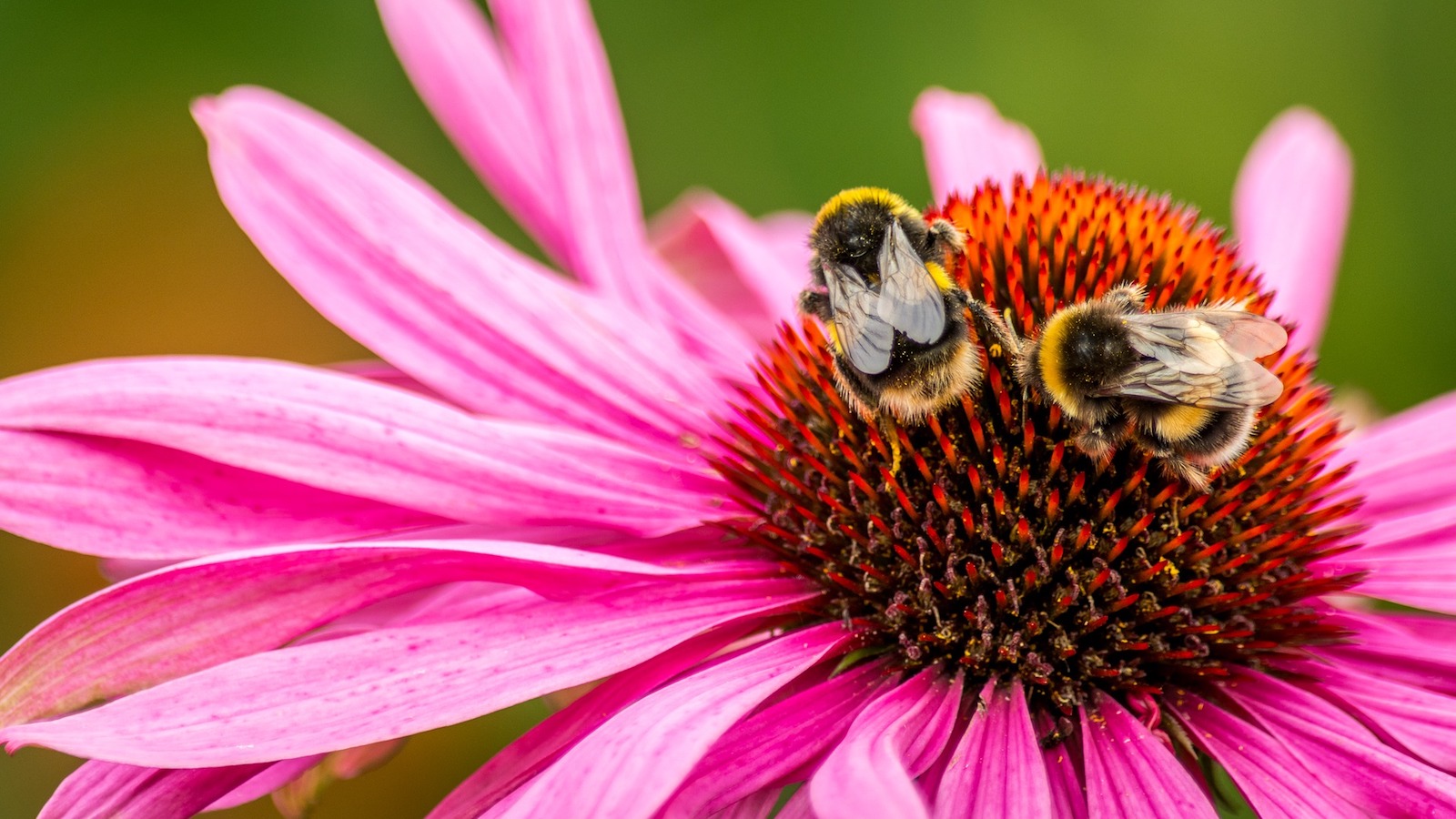
3 ways neonic pesticides are harming bees
Neonicotinoid pesticides are called “bee-killing pesticides” for a reason. But what exactly do they do to bees?
We are working to save the bees - from asking Amazon to stop selling bee-killing pesticides to sharing bee-friendly garden tips - and you can help.
Bees play a crucial role in our lives. But as our society uses more pesticides, their populations are plummeting. Fortunately, we know how to help them: protecting already-existing bee habitat, expanding habitat by planting pollinator-friendly plants in our own gardens and on public lands, and ending the worst uses of the pesticides that are killing them. Together, we can save the bees.
Neonicotinoid pesticides are called “bee-killing pesticides” for a reason. But what exactly do they do to bees?
TAKE ACTION
Learn more about the ways our world relies on bees.
Bees are essential to agriculture. But the way we grow food is putting bees at risk. Moving away from monoculture farming can be part of the solution.
Thinking of planting a pesticide-free garden? This guide will help you create a pollinator haven free of neonicotinoids and other unwanted pesticides.
Birds migrate south. People plan tropical getaways. But what do bees do when cold winds sweep in and summer blossoms wither away?
The past year saw significant progress for our environment — and your support helped make it possible.
Last year was one of the deadliest on record for bees. By donating to our Year-End Drive, you can help support our Save the Bees campaign in the months ahead.
Senior Director, Conservation America Campaign, Environment America
Managing Director, Frontier Group; Senior Vice President, The Public Interest Network
State Director, Environment California
